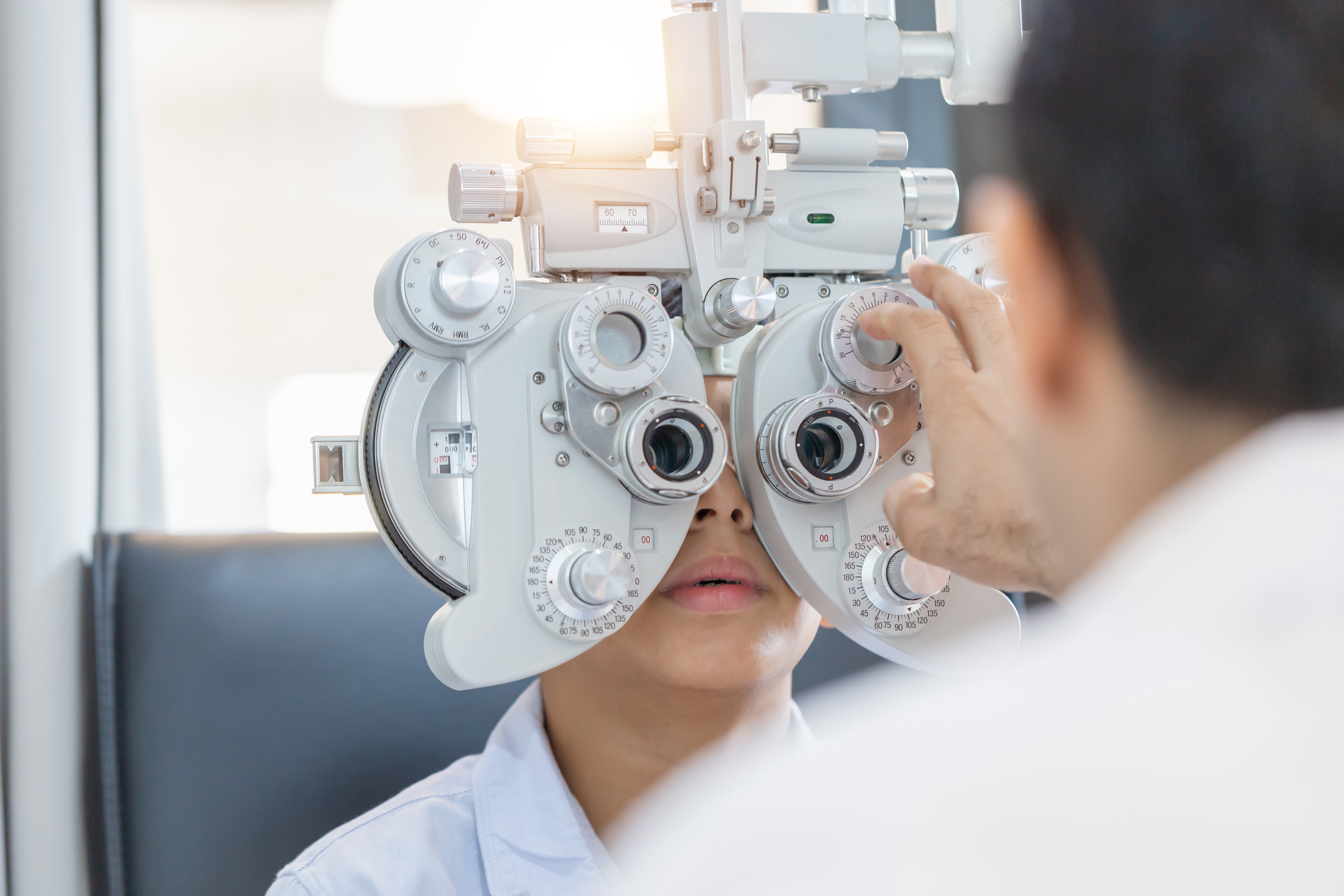New guidance published by Health Technology Wales (HTW) supports the routine adoption of a type of contact lens that slows the progression of myopia – or short-sightedness - in children and adolescents in Wales.

Myopia is the most common eye condition worldwide and, if left untreated, can lead to a risk of irreversible visual impairment and blindness.
Standard care of myopia in Wales is single-vision spectacle lenses or contact lenses, which may correct vision but do not slow its progression.
HTW’s team of researchers looked at the evidence that currently exists on these types of contact lenses and on myopia control spectacles and other types of contact lenses and the HTW guidance concluded that orthokeratology and multi focal soft contact lenses can significantly reduce the progression of myopia and therefore the risks of long-term visual complications and may also be cost effective because of this.
The organisation’s guidance states that the evidence supports the routine adoption of orthokeratology and multifocal soft contact lenses for children and adolescents in Wales although these treatments are currently only available in Wales through some private clinics.
Professor Peter Groves, Chair of Health Technology Wales said:
“This guidance identifies the importance of recognising myopia in children and adolescents in Wales since treatments are available to slow progression and potentially reduce long-term vision complications.
“We are proud to play our part in encouraging the adoption of these innovative treatments which could make a big difference to the future lives of children in Wales.”
Dr Susan Myles, Director of Health Technology Wales, added:
“Our aim is to ensure there is equal access to the best available non-medicine health technologies in Wales.
“This guidance provides the possibility for more children in Wales to access a treatment that could slow the progression of short-sightedness and therefore improve their long-term quality of life.”
Health Technology Wales (HTW) produces national guidance on the use of non-medicine health and care technologies in Wales. The status of HTW guidance is that NHS Wales health boards should adopt its guidance or justify why it has not been followed.
